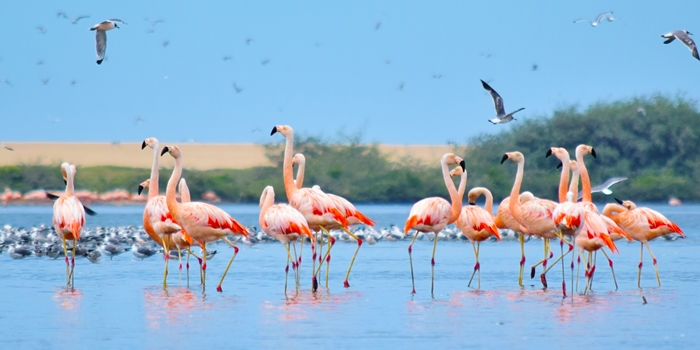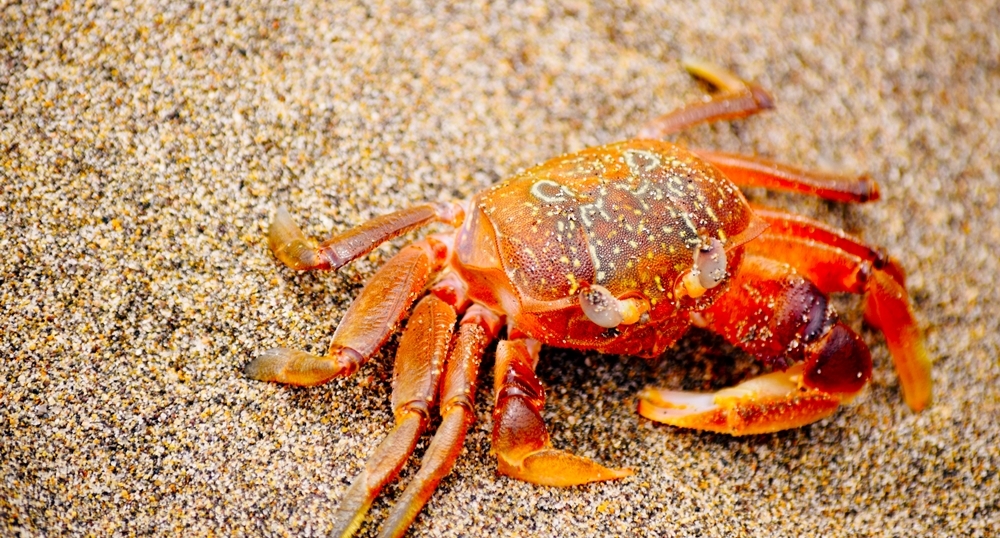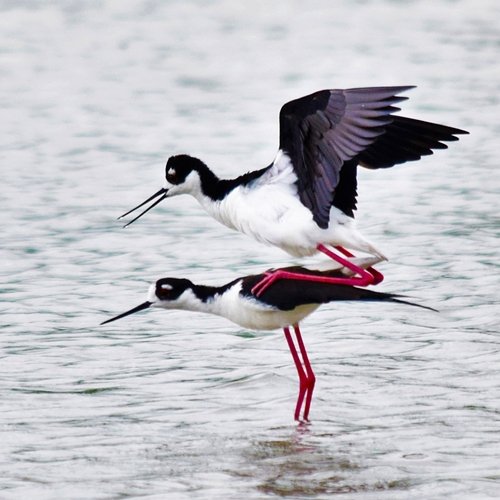Scientific expeditions to the coasts of Peru
One of the winning projects from our 3rd competition round to protect coastal wetlands in Latin America begins its surveys.

From flamingos to waste, everything is documented to close information gaps.
The approximately 1,500 km long Pacific coastline of Peru is home to unique wetland ecosystems with remarkable biodiversity, including hundreds of species of birds, plants and other native species. Despite their ecological significance, most of these ecosystems remain largely understudied and face escalating threats from human activities.
Led by the “Universidad Científica del Sur”, the "Biodiversity Research in Peruvian Coastal Wetlands" project as part of the 3rd Competition of the Coastal Wetlands Initiative is currently underway. The project aims to compile a comprehensive database accessible to the public through systematic surveys encompassing species documentation and anthropogenic impacts. Overall, it seeks to provide decision-makers at the policy and societal level with the groundwork to foster enduring support for the safeguarding of these invaluable habitats.
From the 14 initially surveyed sites, the project team has identified 10 priority wetlands for detailed studies. These field expeditions not only document the remarkable biodiversity of these ecosystems but also shed light on issues such as habitat degradation and pollution. The findings from these expeditions will be publicly made available in our Coastal Wetlands Atlas, as well as in various scientific publications.
The project team maintains dialogues with the local population to identify protection opportunities together.
The project leaders, Héctor Aponte and David Iturrizaga, highlight the critical importance of comprehending and preserving these ecosystems for the well-being of the nearby dependent communities. Wetlands play a key role in enhancing the natural resilience of the region against the well-known global challenges such as climate change and desertification through their multiple ecosystem services namely water regulation, cooling effect, and many more.

The autochthonous biodiversity must be protected!

